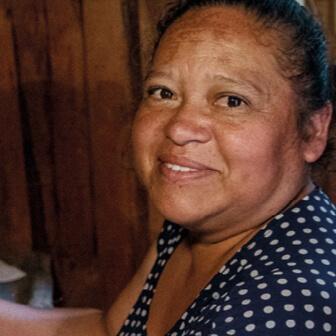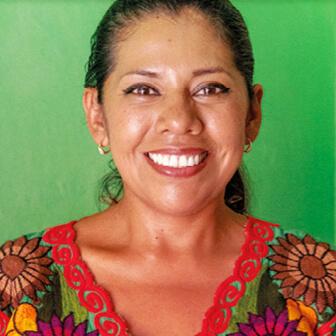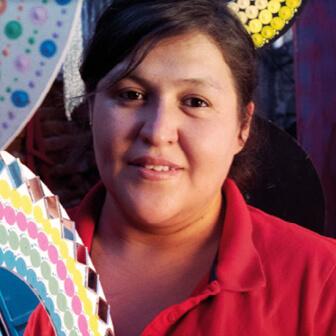Wealth and Health: Leveraging Microfinance for Better Health Outcomes
21 June, 2011
Events, Press
On Monday, June 13th, Pro Mujer’s Director of Health and Human Development Dr. Gabriela Salvador, MD, MPH, served on the “Wealth and Health: Leveraging Microfinance for Better Health Outcomes” panel at the Global Health Council‘s (GHC) annual conference in Washington, D.C.
The event, which also included speakers from Freedom from Hunger and Healthcare International Nigeria, set the stage for an important dialogue about how microfinance can be leveraged to advance health outcomes for low-income families.
In a June 3rd Global Health blog post leading up to the GHC conference titled, “Microfinance Controversy? Not When it Comes to Health,” Thierry van Bastelaer highlights how organizations such as Pro Mujer are finding innovative ways to combine microfinance and health care in order to maximize impact. Van Bastelaer says, “microfinance is a largely untapped, massive opportunity to advance health outcomes for millions of poor families.”
At the Conference, Dr. Salvador used Pro Mujer’s health pilot in Nicaragua as a case study to demonstrate how we deliver high-quality, low-cost primary health services directly to clients and/or refer them to secondary care centers. To view her presentation, click the link to her presentation, “A Model to Deliver High Impact Health Services.”
UPDATE – On June 23rd, Bloomberg published an article titled, “Global Rise in Cancer Cost $300 Billion in 2010, Harvard Economist Says” highlighting the urgent need to address chronic illnesses and noncommunicable diseases in both developed and developing countries.
In the article, David E. Bloom, Professor of Economics and Demography at Harvard’s School of Public Health says, “Noncommunicable diseases will evolve into a staggering economic burden in the coming years…it’s a huge impediment to the mitigation of poverty.”
Bloom, who is a Co-Chair of Project ANTARES, which has been a Pro Mujer in Mexico partner for the past few years (click here to read a recent Harvard University School of Public Health article about this initiative) continues, “The global decline in productivity due to illness and deaths from noncommunicable diseases will reach $35 trillion by 2030, an amount seven times larger than the current level of global health spending. Noncommunicable diseases undermine physical and human capital, as losses of labor put a burden on developing countries.”
The results from our Nicaragua project, which are due out this fall, will further support the growing urgency to take action against this increasingly important issue.






